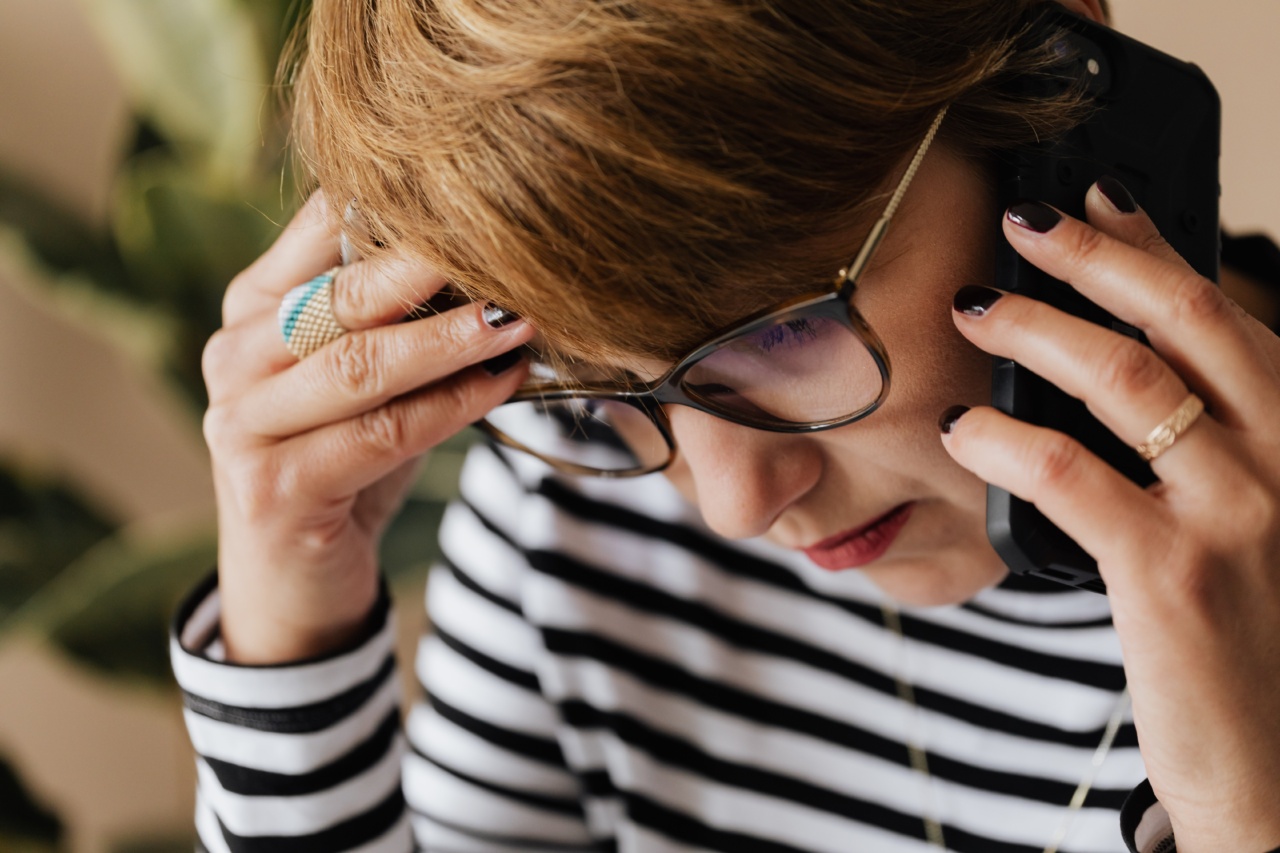There are many factors that contribute to depression, including genetics, environment, and personal circumstances. However, recent studies have shown that our nighttime routines can also play a significant role in our mental health.
In this article, we will discuss the connection between depression and nighttime routines, as well as some tips for improving your sleep habits.
The Importance of Sleep
Sleep is a crucial component of our physical and mental health. It is during sleep that our bodies repair themselves and our minds process the events of the day.
Lack of sleep or poor quality sleep can lead to a variety of issues, including irritability, difficulty concentrating, and decreased immunity. Over time, chronic sleep deprivation can even contribute to the development of depression.
The Connection between Depression and Nighttime Routines
Research has shown that there is a strong link between depression and disrupted sleep patterns.
Specifically, individuals with depression tend to have insomnia or hypersomnia (excessive sleepiness) and may experience sleep disturbances such as waking up frequently in the night or having vivid nightmares. However, it is not always clear which came first – the depression or the sleep disturbance.
Some studies have suggested that sleep disturbances can actually cause depression, while others propose that depression itself can lead to disrupted sleep patterns.
How Nighttime Routines Affect Sleep
Our nighttime routines have a direct impact on the quality of our sleep. Going to bed at the same time each night and waking up at the same time each morning helps to establish a regular sleep pattern, and can improve the overall quality of our sleep.
Conversely, irregular schedules, such as staying up late on weekends, can disrupt our natural sleep-wake cycle, and lead to difficulty falling asleep or staying asleep.
Another important factor is our exposure to light. The blue light emitted by electronic devices such as phones, laptops, and televisions can suppress the production of melatonin, a hormone that helps regulate sleep.
Similarly, exposure to bright light in the evening, such as from streetlights or even a brightly-lit room, can disrupt our natural sleep-wake cycle and make it harder to fall asleep.
Tips for Improving Sleep Habits
If you are struggling with sleep issues or depression, there are several steps you can take to improve your nighttime routine and promote better sleep:.
- Establish a regular sleep schedule – aim to go to bed and wake up at the same time each day, even on weekends
- Create a relaxing bedtime routine – try taking a warm bath or reading a book to help wind down before bed
- Avoid electronic devices for at least an hour before bed – this allows your brain to start producing melatonin naturally
- Create a comfortable sleep environment – make sure your bedroom is cool, dark, and quiet. Consider investing in a comfortable mattress and pillows.
- Avoid caffeine, alcohol, and nicotine before bed – these substances can interfere with sleep quality
Conclusion
Although there are many factors that contribute to depression, improving your sleep habits can be an important step towards promoting better mental health.
By establishing a regular sleep routine and creating a comfortable sleep environment, you can help improve the quality of your sleep, and reduce the risk of sleep disturbances that can contribute to depression.






























